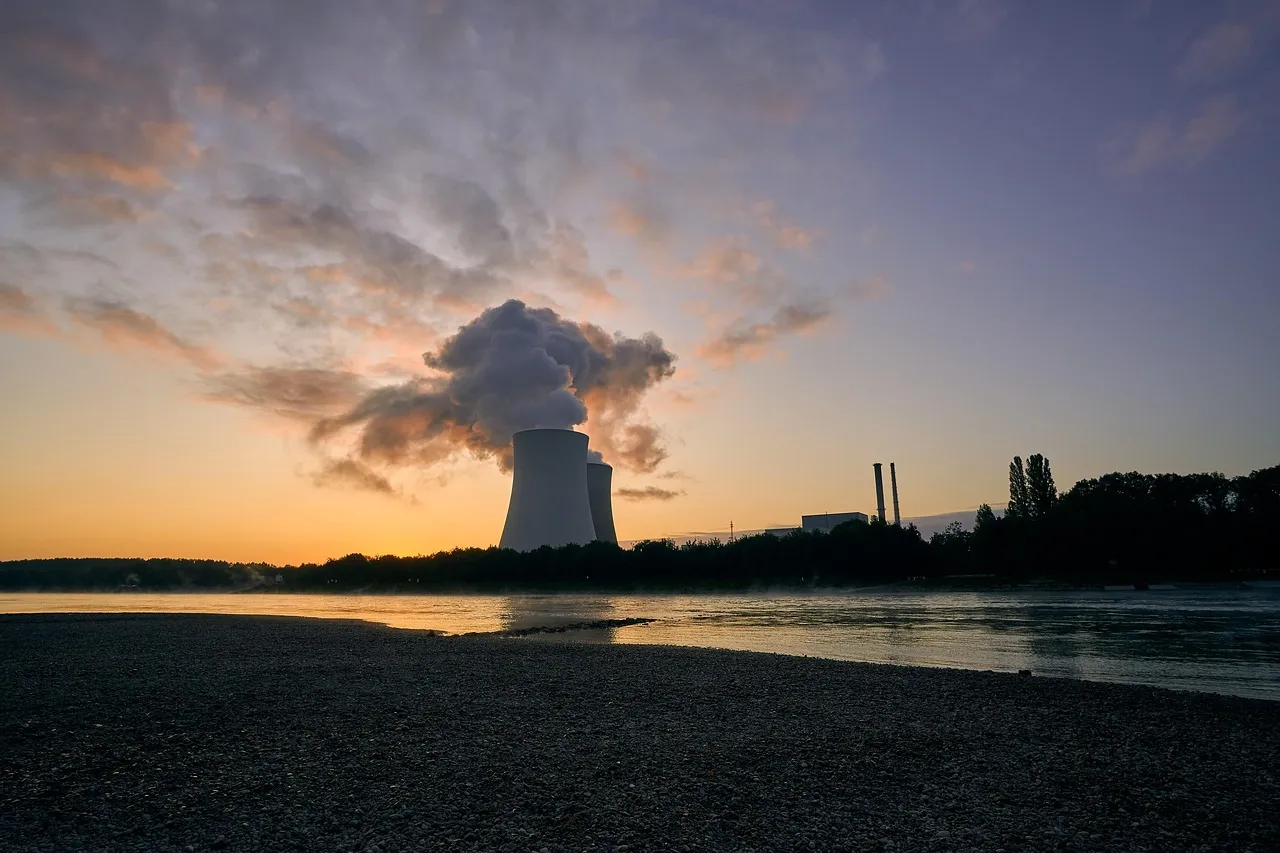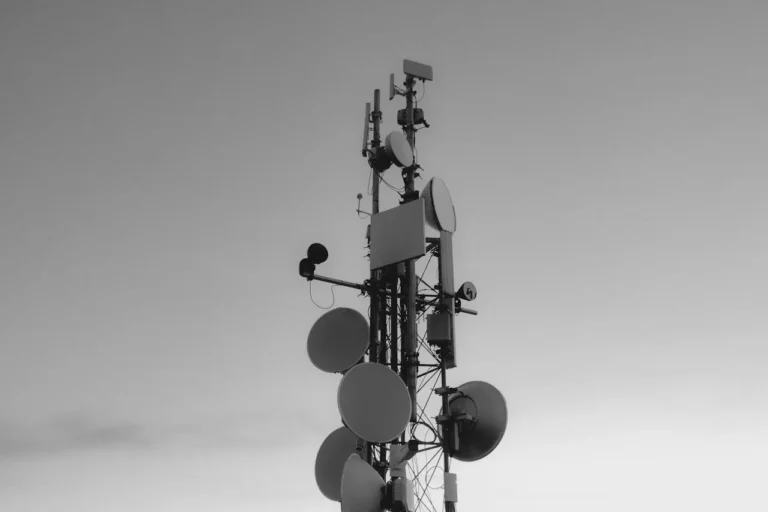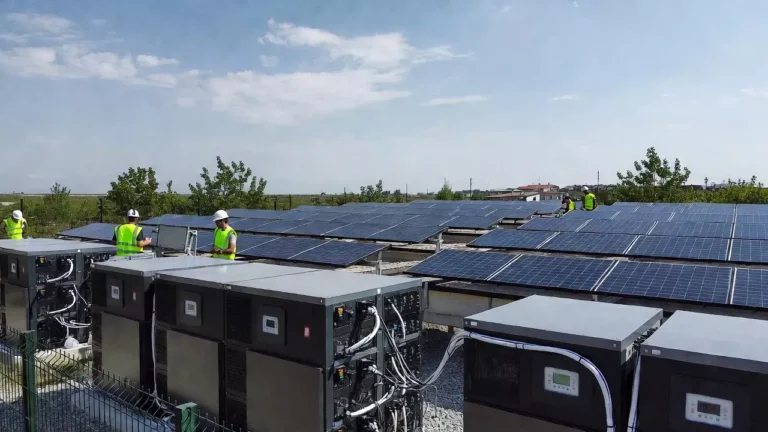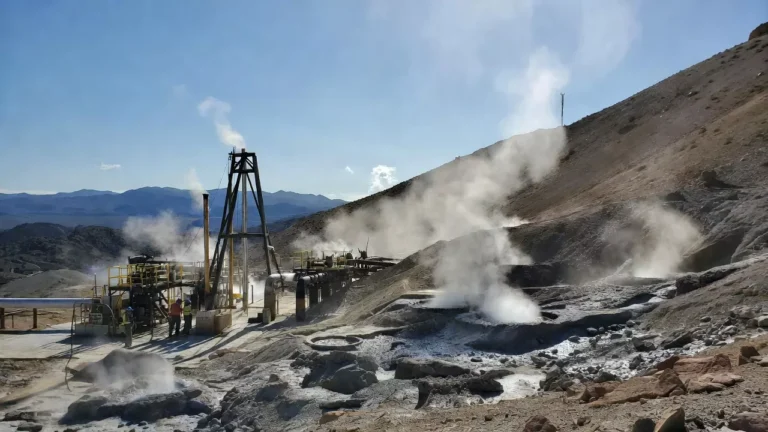
Westinghouse Delivers First VVER Fuel Reloads to Temelín and Dukovany Nuclear Power Plants, Advancing Czech Energy Security
In a significant move to bolster energy security and reduce dependency on single-source nuclear fuel supply chains, Westinghouse Electric Company has successfully completed the first reload deliveries of VVER fuel assemblies to Temelín and Dukovany Nuclear Power Plants (NPPs) in the Czech Republic. These deliveries represent a strategic milestone in the long-term vision of ČEZ Group, the Czech Republic’s leading energy utility, which is actively pursuing a diversified approach to nuclear fuel procurement. The collaboration between Westinghouse and ČEZ underscores a mutual commitment to reinforcing energy independence, supply chain resilience, and operational excellence within the European nuclear sector.
Fuel Diversification Strategy Gains Momentum
The deliveries involved two distinct fuel designs for different reactor types at the Czech nuclear facilities. For the Temelín Nuclear Power Plant, Westinghouse provided a VVER-1000 fuel reload based on its advanced Robust Westinghouse Fuel Assembly (RWFA-T) design. This shipment was carried out under a long-term contract signed in June 2022 between Westinghouse and ČEZ. The RWFA-T design has been engineered for higher reliability, improved performance, and longer fuel cycles, making it a strong candidate for utilities aiming to reduce operational costs while maintaining reactor safety and efficiency.
Simultaneously, the company delivered its first VVER-440 fuel reload featuring the NOVA E-6 design to the Dukovany Nuclear Power Plant. This delivery falls under a separate agreement signed in March 2023, which ensures that ČEZ can continue operating its reactors with top-tier Western-manufactured nuclear fuel. Both VVER fuel types—RWFA-T and NOVA E-6—are being produced at Westinghouse’s state-of-the-art facility in Västerås, Sweden, a key site that supports the company’s European supply chain for nuclear fuel.
A critical design feature of these fuel assemblies is compatibility with existing non-Westinghouse fuel, allowing for a smooth transition during the fuel cycle changeover process. This compatibility ensures that nuclear operators can maintain continuous operation during refueling outages, minimizing risk and ensuring stable electricity generation for the national grid.
Reinforcing Czech National Energy Security
Daniel Beneš, Chairman of the Board and CEO of ČEZ, emphasized the broader significance of these deliveries in terms of national energy resilience:
“This is a step that significantly enhances the energy security of the Czech Republic. In addition to diversifying our nuclear fuel suppliers, we also maintain strategic reserves at both of our nuclear power plants.”
This diversification is particularly crucial in the context of evolving geopolitical dynamics, where dependence on limited fuel suppliers can pose significant risks to national energy stability. As the Czech Republic transitions toward greater energy sovereignty, ensuring that nuclear reactors are supported by a resilient and varied supply chain has become a national priority.
The move away from reliance on Russian-sourced fuel is especially timely given the broader European Union strategy to reduce dependence on Russian energy exports in the wake of regional security concerns. By securing long-term fuel supply contracts with a trusted Western partner, ČEZ is proactively mitigating potential supply disruptions while aligning with EU-wide energy policy shifts.
A Historic Return for Westinghouse
This is not the first time Westinghouse has supplied fuel to the Czech nuclear fleet. The company previously provided VVER-1000 fuel to both Temelín units from 2000 to 2010, gaining operational insights and deepening its understanding of the Czech nuclear infrastructure. Now, over a decade later, Westinghouse returns not only with more advanced fuel designs but also with an expanded manufacturing and research capability aimed at meeting the next generation of nuclear challenges.
Tarik Choho, President of Westinghouse Nuclear Fuel, highlighted the significance of the renewed collaboration:
“We are proud to continue supporting ČEZ to strengthen the Czech Republic’s energy independence with the Western VVER fuel offering. Westinghouse supplied VVER-1000 fuel to both Temelín units from 2000 to 2010. As the largest supplier of VVER fuel in Europe, we have continued to invest in advanced fuel designs to support energy security in the region. These fuel deliveries are a testament to our shared commitment to safety, reliability, and supply diversification for VVER reactors.”
The return to the Czech market with updated and robust fuel technology reinforces Westinghouse’s position as a strategic partner in the global nuclear fuel ecosystem.
Advanced Fuel Manufacturing and Innovation
Westinghouse’s ability to deliver high-performance fuel assemblies for both VVER-1000 and VVER-440 reactor types reflects the company’s unparalleled versatility in nuclear fuel manufacturing. With manufacturing hubs in the United States, Sweden, and the United Kingdom, Westinghouse maintains a robust and flexible supply network that serves customers operating a wide range of reactor designs including Pressurized Water Reactors (PWRs), Boiling Water Reactors (BWRs), Advanced Gas-cooled Reactors (AGRs), and VVERs.
In addition to compatibility and resilience, the new VVER fuel offerings bring several operational benefits:
- Extended fuel cycles, reducing the frequency of refueling outages
- Enhanced thermal and mechanical performance, increasing operational safety margins
- Lower fuel cycle costs, leading to economic gains for utility operators
- Accident-tolerant features, supporting reactor resilience under extreme conditions
These innovations reflect Westinghouse’s broader corporate strategy to deliver next-generation nuclear technologies that align with global trends toward carbon neutrality, sustainable power generation, and grid reliability.
A Broader Role in European Energy Transformation
The successful fuel deliveries to Temelín and Dukovany NPPs occur against a backdrop of a rapidly changing European energy landscape, where nuclear energy is being re-evaluated as a key contributor to net-zero targets and grid stability. The European Union’s taxonomy recognizes nuclear as a sustainable energy source, and countries such as the Czech Republic, Poland, Slovakia, and others are either planning new nuclear builds or extending the operational life of existing plants.
In this context, Westinghouse is playing an increasingly vital role not just as a fuel supplier but also as a technological leader and strategic energy partner. The company has been actively involved in multiple initiatives aimed at supporting nuclear energy’s role in Europe’s future energy mix, including:
- Development of Small Modular Reactors (SMRs) like the AP300
- Expansion of fuel manufacturing capacity in Sweden and the UK
- Collaboration with European utilities and governments on fuel qualification and licensing for existing VVER reactors










